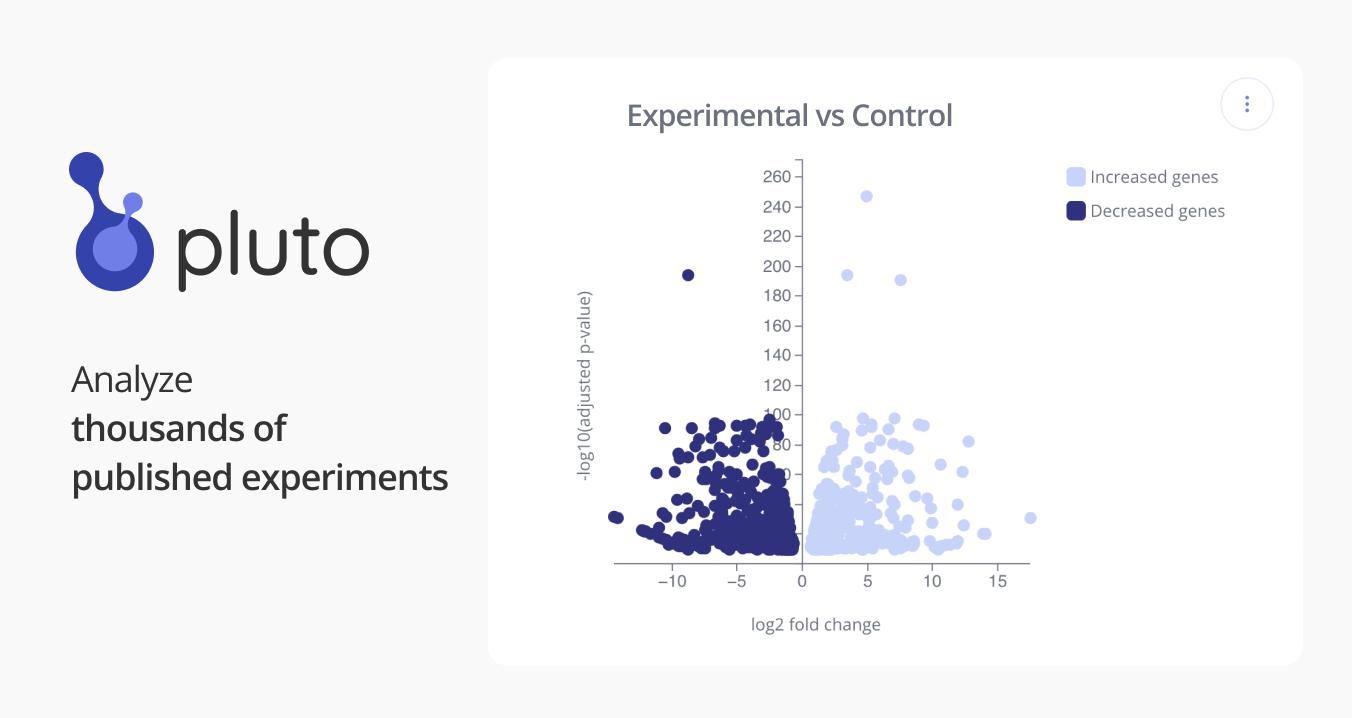Pluto Bioinformatics
GSE63265: Combinatorial targeting of nuclear export and translation of RNA inhibits aggressive B-cell lymphoma
Bulk RNA sequencing
Aggressive double and triple hit (DH/TH) DLBCL feature activation of Hsp90 stress pathways. Herein, we show that Hsp90 controls post-transcriptional dynamics of key mRNA species including those encoding BCL6, MYC and BCL2. Using a proteomics approach, we found that Hsp90 binds to and maintains activity of eIF4E (eukaryotic translation initiation factor 4E). EIF4E drives nuclear export and translation of BCL6, MYC and BCL2 mRNA. eIF4E RIP-sequencing in DLBCL suggests that nuclear eIF4E controls an extended program that includes BCR signaling, cellular metabolism and epigenetic regulation. Accordingly, eIF4E was required for survival of DLBCL including the most aggressive subtypes DH/TH lymphomas. Indeed, eIF4E inhibition induces tumor regression in cell line and patient-derived tumorgrafts of TH-DLBCL, even in the presence of elevated Hsp90 activity. Targeting Hsp90 is typically limited by counter-regulatory elevation of Hsp70B, which induces resistance to Hsp90 inhibitors. Surprisingly, we identify Hsp70 mRNA as an eIF4E target. In this way, eIF4E inhibition can overcome drug resistance to Hsp90 inhibitors. Accordingly, rational combinatorial inhibition of eIF4E and Hsp90 inhibitors resulted in cooperative anti-lymphoma activity in DH/TH DLBCL in vitro and in vivo. SOURCE: Tharu,M,Fernando (tmf2001@med.cornell.edu) - Ari Melnick Weill Cornell Medical College
